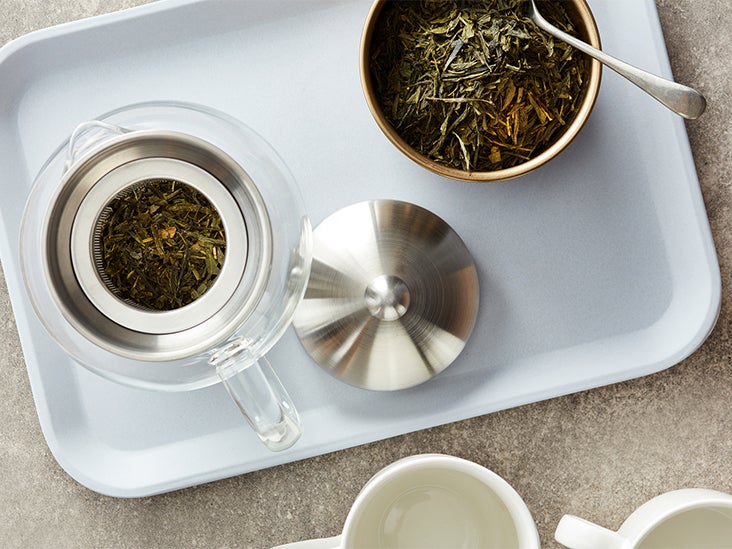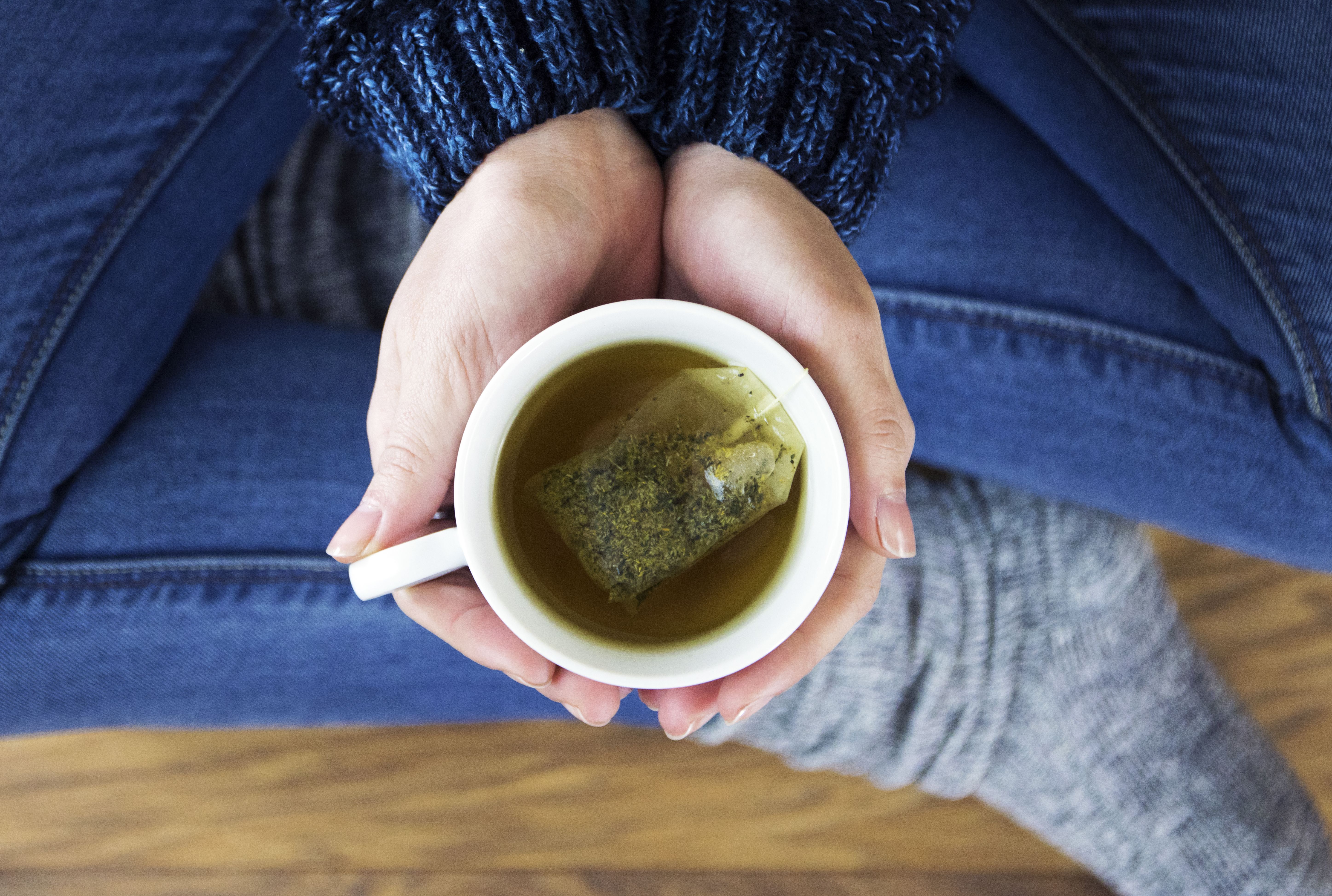
Needless to say there would be no tea left if the tea was rinsed for 3 minutes. Steep an English breakfast tea for one minute and you may get 14 milligrams of caffeine in your cup.

For more details check out.
Steeping caffeine out of tea. According to a study by Dr. Bruce Branan Professor of Chemistry at Asbury College Wilmore KY it takes a three-minute infusion just to remove 46-70 of the caffeine from a cup of tea. And if you wanted to cut the caffeine strength by half you would have to steep at least 3-4 minutes.
Needless to say there would be no tea left if the tea was rinsed for 3 minutes. And if you had to get rid of all the caffeine it seems youd have to steep for 15 minutes. To make tea after a 15 minutes steep would be a case of dead-on-arrival.
When you steep tea the caffeine comes out first from the leaves says chemist Kuhnert. If you keep infusing compounds called thearubigins seep out. Steeping and Reusing While a slight bit of caffeine remains in the bag after the first steep it usually isnt worthwhile to reuse the same.
In fact if you want to limit the caffeine in your tea you can steep it for 30 to 60 seconds and dump that first. As a general rule if you brew or steep your tea for a short period of time you get more caffeine out of the tea leaves. When you steep your tea in hot water caffeine is the first thing that is the leaves.
The longer you steep the leaves another compound known as Thearubigin is released. Brewing methods and styles can have a large impact on a teas caffeine level. Using a higher water temperature longer brewing time or a higher ratio of tea.
Brewing methods and styles can have a large impact on a teas caffeine level. Using a higher water temperature longer brewing time or a higher ratio of tea. In general it looks like 65-75 of the total caffeine comes out in the first steeping while 20-25 comes out in the second steeping.
This was addressed in this paper which examined different types of tea. The results are summarized in this table. For more details check out.
Caffeine is bitter and may be a reason why people dont over-steep tea. Unfortunately you will miss out on the benefits of caffeine if you choose a shorter steeping time. Research from The National Center for Complementary and Alternative Medicine states that caffeine has.
SHORT ANSWER Why Tea Contains Caffeine Camellia Sinensis commonly known as the tea plant produces caffeine as a means of protection. Caffeine inhibits the growth of fungi such as mold and bacteria inside and on the surface of the tea leaves. Furthermore caffeine acts as a natural repellant for insects and other herbivores.
Approximately 80 of the caffeine in tea is released during the first 30-seconds of steeping therefore to remove most of the caffeine from any tea simply. 1 Pour boiling water over the tea. Steep an English breakfast tea for one minute and you may get 14 milligrams of caffeine in your cup.
Steep the same amount for five minutes and that concentration can double. Such evidence flies in the face of some tea sellers claims that you can decaffeinate a tea by steeping it for 30 to 60 seconds pouring out the brew then steeping it again for a nearly caffeine-free cup. In fact it would take five minutes of steeping leaves to remove 80 percent of the caffeine in brewed tea.
You can buy commercially decaffeinated tea but one of the methods in use relies on the solvent ethyl acetate and removes most of teas beneficial polyphenols. The study found that after brewing for one minute a cup of regular Lipton black tea had 17 milligrams of caffeine per 6 ounces of water 38 milligrams per 6 ounces after three minutes and 47. Tea has little bio absorb-able caffeine in it from 10mg to 70mg many in the range 20mg to 40mg.
Normal brewing gets most of the caffeine out. As I understand it medically you need 100mg to get a physiological dose an effect A cup of coffee is 100mg to 200mg of caffeine. So if you want caffeine.
10 minutes - remove 92 of caffeine. 15 minutes - remove 100 of caffeine. However this is not general rule.
There are many factors to consider. The easiest method to try is. First steep the tea in hot water for 45 seconds and then discard the liquid.
After that add water to the leaves and brew for the amount of time that is appropriate for your tea. You dont have to give up your favorite tea because there is a way to decrease the amount of caffeine in it. Follow the steeping instructions for the tea steep it for 30 seconds and then throw away the liquor.
Add more water and steep for the amount of time recommended. This removes some of the caffeine by washing it away in the initial steep. Rinsing tea is when you pour a small amount of water over loose tea in a teapot.
You then quickly pour the water out and discard it. It is like a mini-steep that only lasts for 5 seconds.